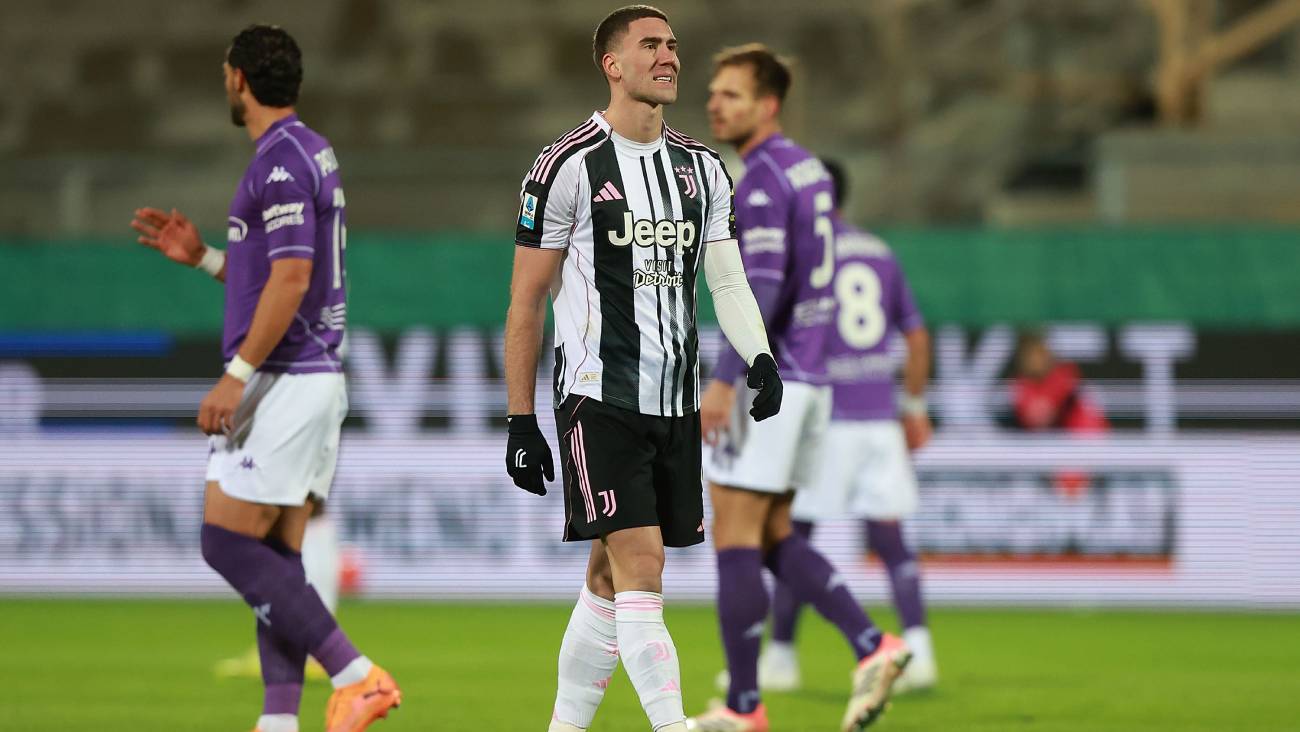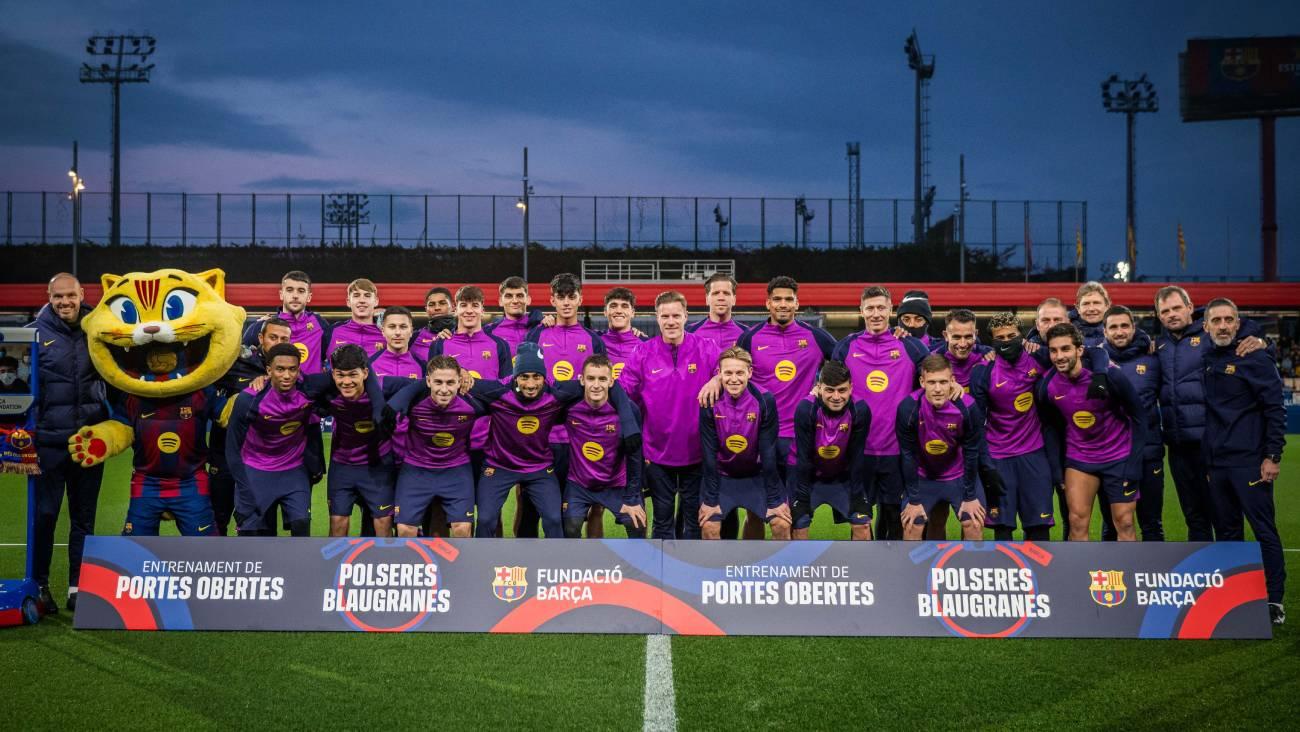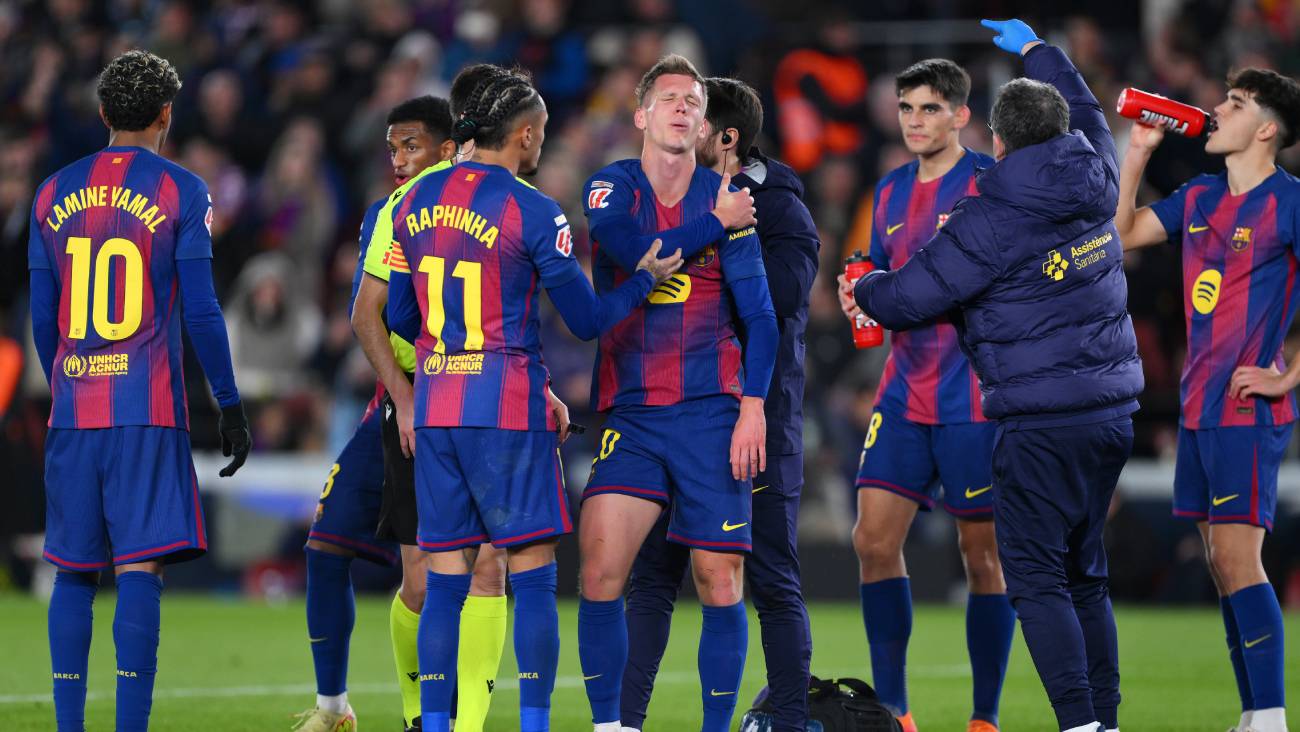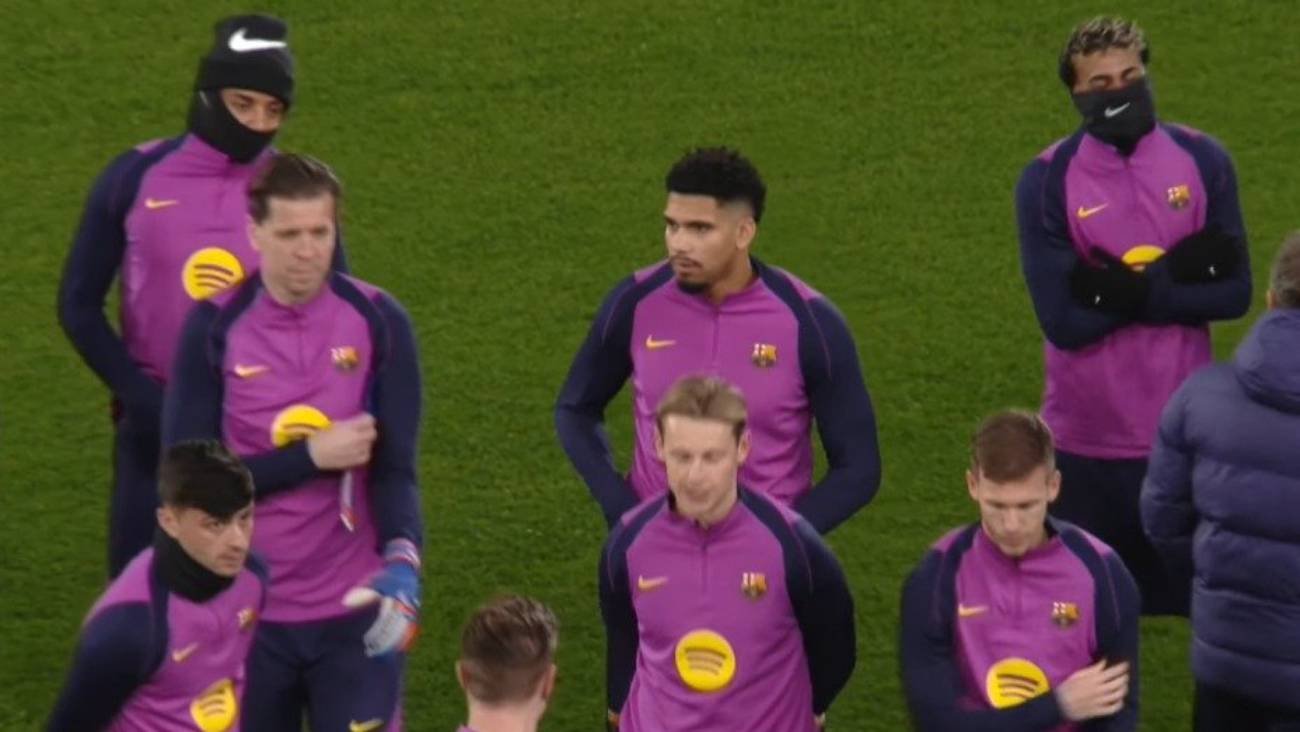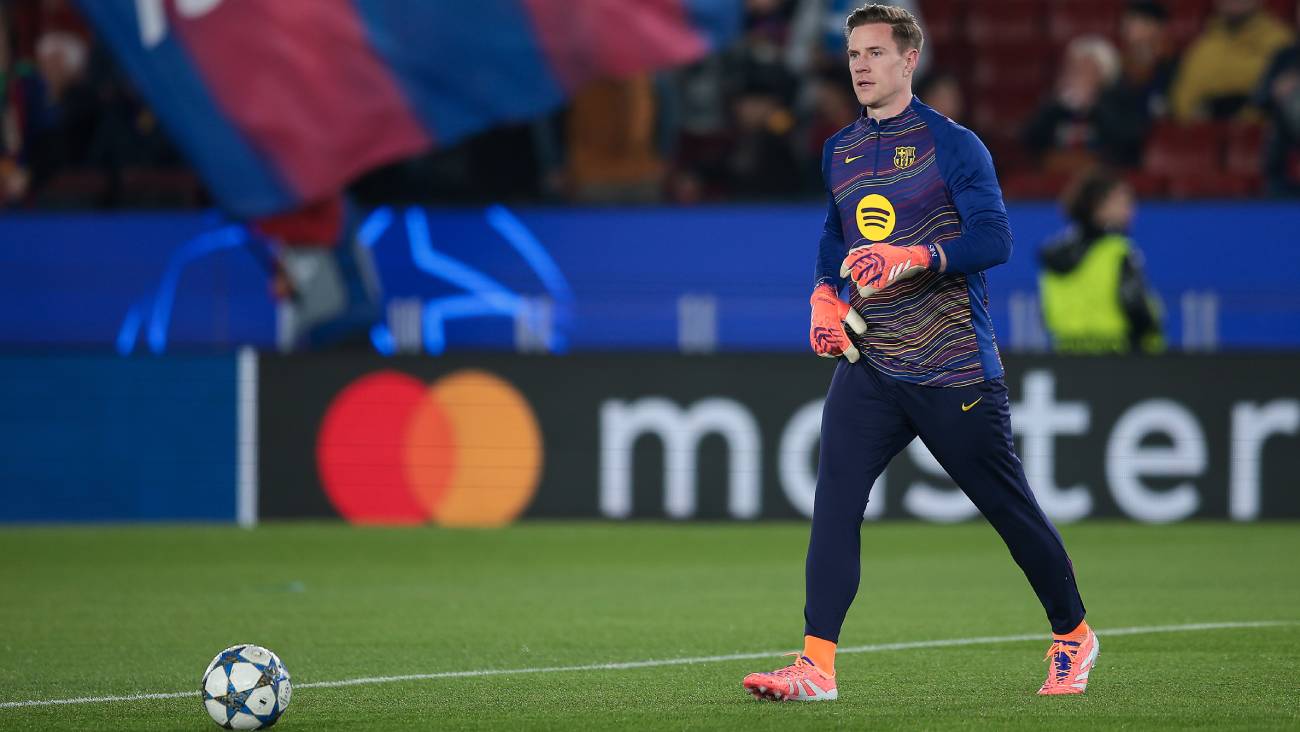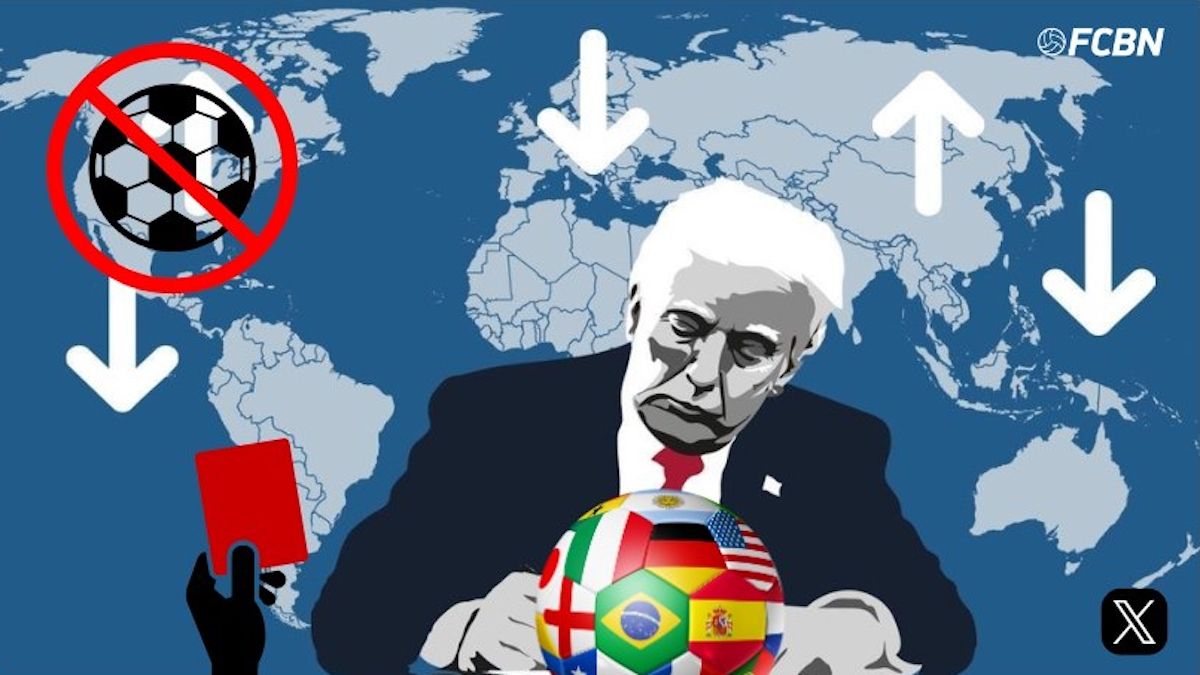
opinion column
Tariffs vs. Football: Is the FIFA Club World Cup in danger?
Published New:24/05/2025 - 03:19h
Updated New:12/06/2025 - 08:48h
The 2025 Club World Cup arrives at the worst time. The scenario of insecurity and confrontation caused by Trump and his tariffs play against the FIFA tournament.
There is a scene that no Netflix producer has had the courage to write, but that could well be filmed soon: a group of ultras held in customs in Dallas because the Iberian ham they carried as a "spiritual provision" is considered a threat to North American trade.
Meanwhile, in an adjoining room, a delegate from Real Madrid begs them not to charge tariffs for his second suitcase full of official scarves from the white club, Made in China.
It seems like a satire, but it is only the possible prologue of the Club World Cup 2025, that football laboratory creature with which FIFA has been dreaming for years and that, like any ambitious creature, has decided to move to the United States... just when Donald Trump could return to power.
Problems? Several. And of different kinds. Because the ball, although round, does not bounce the same when it falls on a trade war.
🧾 Football and customs: an unromantic couple
At first glance, the Club World Cup - with its 32 participants, its polished logo and its megalomaniacal bill - should be a global party. But there is a small detail that threatens to spoil the celebration: geopolitical reality.
Trump, true to his style of pugilist in a suit, has promised that if he returns to the White House in 2025 he will impose new massive tariffs on European products, punish the "commercial injustice" of the old continent and, if he has time left, probably also some country that does not know how to locate on the map.
And this is where football, as a global cultural and economic phenomenon, collides head-on with protectionist politics.
Because while FIFA sells this World Cup as the Davos of football, in practice it could become a festival of restrictions, logistical delays and diplomatic anger.
✈️ Will European fans travel? And the Brazilians?
Can you imagine tens of thousands of fans from Inter, Palmeiras or Manchester City happily flying to New Jersey while their governments negotiate in parallel the application of an extra 40% on goods exported to the USA?
What if the arrival of certain groups is complicated by new immigration restrictions?
It is not just a matter of entry of goods. It is the rarefied political atmosphere that can turn each international trip into a bureaucratic gymkhana. In the end, maybe the tournament will be played... but it will not be a Club World Cup: it will be a World Cup of Patience.
🏦 And FIFA? Calm, but with clipped nails
FIFA has always had a remarkable ability to keep smiling while the world is shaking. No one dominates the art of euphemism like its spokespersons. But the concern exists, although it is not said in public.
The United States is not only the venue for the event: it is also a sponsor, promoter and symbol of that global football that FIFA tries to bottle and sell. If the economic scenario becomes complicated, the sponsors (who are less romantic and more pragmatic than any fan) could start to recalculate ROI, television coverage and global enthusiasm.
And then, yes: the press conferences will be filled with words such as "redefinition of calendar", "logistical flexibility" and that classic of FIFA language: "guarantee the experience of all the actors involved".
🎭 Final without epic: when football meets protectionism
The great paradox of all this is that football, that British invention exported to the whole world, now faces the possibility that the globalization that made it king is also the one that puts it against the ropes.
A Club World Cup without freedom of movement, without fluid trade, without traveling public, would be like a Champions League without VAR: rare, but fairer.
The question is no longer whether the ball rolls, but whether it can pass customs without paying a surcharge. And in that scenario, perhaps it is not FIFA who has the last word, but a customs officer from Houston with strict instructions and little fondness for offside.
And if all this sounds exaggerated? Maybe. But remember: in 2022 we thought that a World Cup in Qatar in December was unthinkable. And here we are. So if in 2025 the best goal of the tournament is canceled due to a tariff conflict, don't say we didn't warn you.
